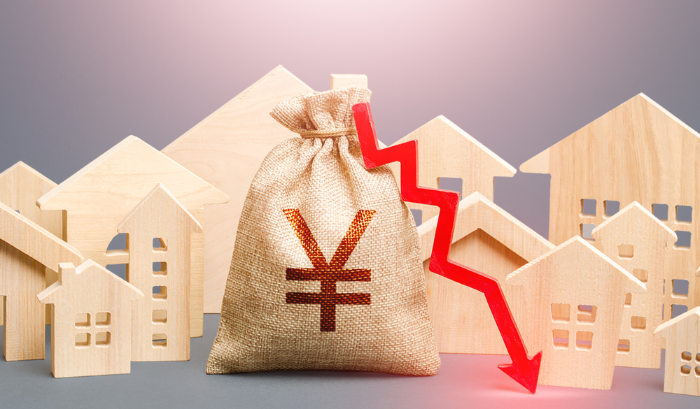
Considering a Weak Yen: A Commitment to Essential Value by Everyone in the Industry
Hello, I am Ichiki of Sync Logistics.
In this issue, I’d like to talk about the continuing depreciation of the yen vis-a-vis used car exports from Japan.
■What a 130 yen to the dollar exchange rate means
April 2011. As a new college grad, I joined a trading company specializing in automobiles.
I still remember how often “yen appreciation” was being discussed in the news amidst the chaos in the aftermath of the Great East Japan Earthquake.
While I think exchange rates are impacted by market sentiment and speculative money movements, I feel that such rates essentially reflect a country’s economic strength.
How much added value can be productively generated? Just how much capital is reserved in the country? Compared to other countries’ capital reserves, if a country is in a stronger position capital-wise, its currency will appreciate. Conversely, if its position is weak, its currency will depreciate.
When the exchange rate was less than 80 yen to the dollar about ten years ago, used cars from Japan were being exported rapidly despite the strong yen.
Seeing how there was a demand for Japanese products even though the value of the yen was comparatively high, I realized I was born in a very blessed country.
During the Golden Week, the yen has weakened to 130 yen to the dollar. As a business that supports Japanese exports, we are determined to firmly face this situation where the yen’s value has dropped about 40% to the dollar.
■What we create through our business
July 2013. A trading company created a logistics service as a new business, and through an MBO of this new business, I became president of Sync Logistics.
We were feeling our way around as we were building the business, and at the time I was very particular about making a solid gross profit.
While the president of the company I worked for taught me that a business model that keeps fixed costs low and while generating gross profits leads to “muscular management”(a lean system with no excess), I was committed to provide services that are valuable to society.
I was supposed to join a company after college but they rescinded their offer.
Because of this experience, I was determined to be someone who was needed in society, thus I wanted to provide services that would be valuable to society.
As you know, gross profit is sales minus cost, and this represents the added value of the service provided.
When we started offering our services, our business model at the time was mainly non-asset based, and I think it had low value because our business was“merely acting as an intermediary.”In this light, we respectfully asked our customers about the value they want and whatever inconveniences they may be experiencing.
By building our services based on their needs, we transformed our services so that they can create more gross profit (added value).
We have been able to expand our services from only vanning containers to international intermodal transport and 3PL because of our strong insistence on consistently maximizing added value.
■Pursuing greater, high-density added value
When I founded the company in 2013, Japan implemented quantitative easing, a policy of printing large amounts of money. I’m not a finance expert, but I understand the policy as the total amount of value generated staying the same, but as the amount of yen circulating increases, the yen’s value decreases.
I think the entire used car export industry benefited then from the continued depreciation of the yen, and how Japanese products abroad became cheaper.
Even though ten years have passed, the number of used cars exported has not increased significantly. Also, these past two years have shown a downward trend partly due to the pandemic.
Precisely because of this trend, I tell our clients to “Please be more successful.” To our partner companies, I say, “Let’s create services with more value.” To our employees, I use different expressions to say “Enhance your value.”
The yen’s depreciation has various effects, but for exporters, the effect is favorable because the prices of Japanese products’are lower for overseas buyers. But even though the effect is favorable, I will not simply ask exporters to raise prices – instead, I want to promote initiatives and support that will increase exports, and share in their success.
I hope that after Golden Week, the industry will be able to export even more cars.
Thank you for your time.






